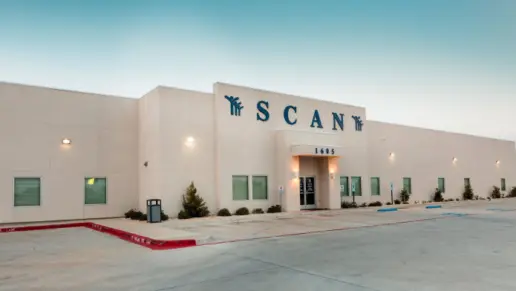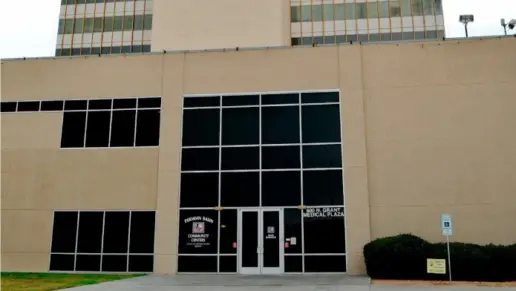About Rise Recovery
Rise Recovery’s Charlie Naylor Campus is located in San Antonio, Texas. It’s an addiction and mental health treatment facility that has helped young adults and families overcome drug and alcohol addictions for more than 40 years.
Young adults seeking recovery from substance use disorders can take advantage of the clinic’s Youth Recovery Community Center programs. Young adults up to 21 years old can attend peer counseling, support group meetings, education and employment workshops, community service projects and social activities.
The facility also provides similar services for individual and family recovery for adults, families, and groups. Individuals who are under 35 years old who were referred by the legal system have access to the Stipulate Program which includes case management and follow-up services.
One of the best things about this facility is its impact on the people who go through their treatment programs. This facility has outstanding ratings and many former patients have great things to say about the care they received. Some past clients say the facility has the best clinical and medical staff hands around and that it’s a huge refuge for them.
Another great thing about this facility is that it offers San Antonio’s only high school that caters to individuals in recovery. This school provides specific learning methods to support adolescents attempting to refrain from drugs as well as a very supportive peer culture. This high school’s curriculum focuses on health and wellness, self awareness, community and service. It provides the safest possible community and learning environment for individuals struggling with substance use disorder.
Latest Reviews
Rehab Score
Other Forms of Payment
Private insurance refers to any kind of healthcare coverage that isn't from the state or federal government. This includes individual and family plans offered by an employer or purchased from the Insurance Marketplace. Every plan will have different requirements and out of pocket costs so be sure to get the full details before you start treatment.
Self-pay involves paying for treatment out of your own pocket. You can use savings or credit, get a personal loan, or receive help from family and friends to fund your treatment. If you don't have insurance or your insurance plan doesn't cover a specific program, self-pay can help ensure you still get the care you need.
Addiction Treatments
Treatments
The goal of treatment for alcoholism is abstinence. Those with poor social support, poor motivation, or psychiatric disorders tend to relapse within a few years of treatment. For these people, success is measured by longer periods of abstinence, reduced use of alcohol, better health, and improved social functioning. Recovery and Maintenance are usually based on 12 step programs and AA meetings.
During rehab in Texas, you'll deal with underlying issues that contribute to addiction. By addressing these challenges and learning healthy ways to cope with them, you'll develop strategies that help you live a drug-free lifestyle.
Opioid rehabs specialize in supporting those recovering from opioid addiction. They treat those suffering from addiction to illegal opioids like heroin, as well as prescription drugs like oxycodone. These centers typically combine both physical as well as mental and emotional support to help stop addiction. Physical support often includes medical detox and subsequent medical support (including medication), and mental support includes in-depth therapy to address the underlying causes of addiction.
Substance rehabs focus on helping individuals recover from substance abuse, including alcohol and drug addiction (both illegal and prescription drugs). They often include the opportunity to engage in both individual as well as group therapy.
Programs



Clinical Services
Group therapy is any therapeutic work that happens in a group (not one-on-one). There are a number of different group therapy modalities, including support groups, experiential therapy, psycho-education, and more. Group therapy involves treatment as well as processing interaction between group members.
In individual therapy, a patient meets one-on-one with a trained psychologist or counselor. Therapy is a pivotal part of effective substance abuse treatment, as it often covers root causes of addiction, including challenges faced by the patient in their social, family, and work/school life.
The purpose of family therapy is to create a supportive and understanding family dynamic within the family unit. Therapists help individual members to identify and change harmful behavior patterns and improve communication. This provides a stable foundation for the family and their loved one's recovery.
Contact Information
2803 Mossrock
San Antonio, TX 78230


